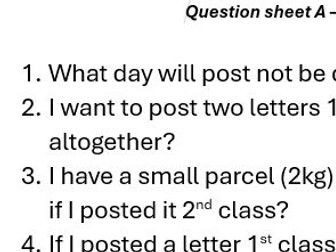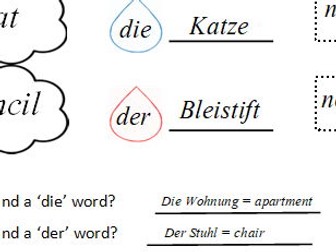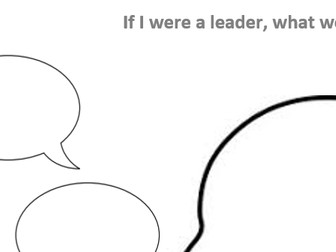Fractions village - differentiated
<p>Welcome to Fraction Village!</p>
<p>This resource is intended for children in KS2, but could be used for more able KS1 children. It has three levels of differentiation.<br />
Three sets of villages, each with 12, 16 or 30 houses. The children will colour these in according to the questions set.</p>
<p>1 – Questions about halves and quarters only.<br />
2 – Fractions relating to 16 – 1/2, 1/4, 1/16 and some simplification needed, e.g. 2/4.<br />
3 – Fractions relating to 30 – 1/2, 1/3, 1/5, 1/6, 1/10. Some will need simplified, e.g. 3/6.</p>
<p>The question sheet for the first level may be used with Fraction Village 12 and 16, to give further consolidation of halves and quarters.</p>
<p>Included -</p>
<p>Information and E’s and O’s.<br />
Village of 12 picture sheet, questions and answers.<br />
Village of 16 picture sheet, questions and answers.<br />
Village of 30 picture sheet, questions and answers.</p>


